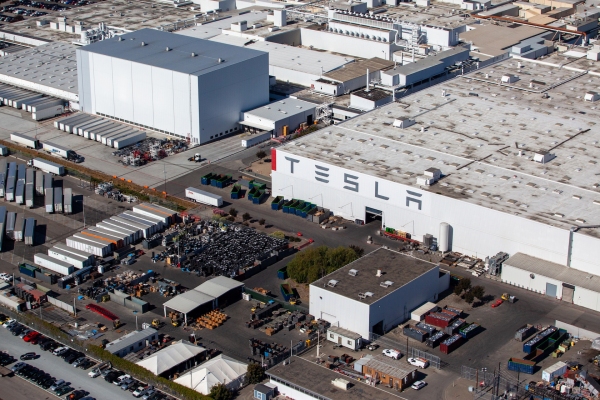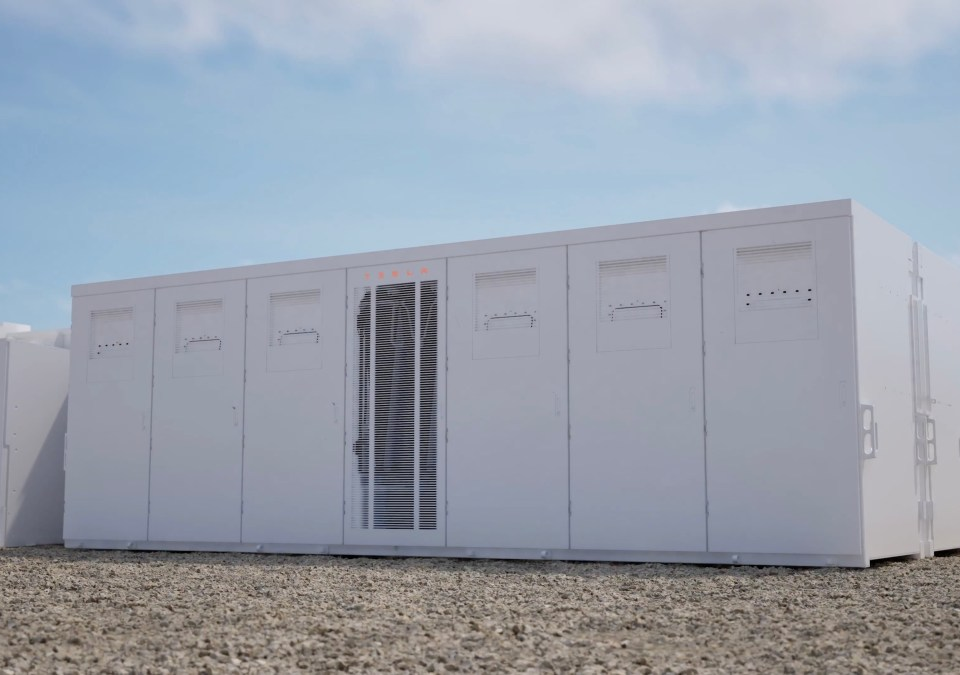
The Station: Calling all mobility founders, an unexpected Tesla Cyber Rodeo cameo and Gogoro’s public debut
April 24, 2022
MEPs vote to expand scope of common charger rules
April 25, 2022
Today after the bell American electric vehicle giant Tesla reported its first-quarter performance. The company detailed revenues of $18.76 billion and $2.86 worth of earnings per share, up from its Q1 2021 results of top line worth $10.389 billion and earnings per share of 93 cents.
Tesla said it faced several challenges in the first quarter related to global supply chain, transportation, labor and manufacturing and that the problems could limit its ability to run its factories at fully capacity.
The automaker also warned of continued supply constraints that could hamper future production, despite the recent openings of its Gigafactories in Berlin and Texas that will build the Model Y.
“Our own factories have been running below capacity for several quarters as supply chain became the main limiting factor, which is likely to continue through the rest of 2022,” the automaker said in its financial outlook.
Tesla reported $3.32 billion worth of net income, a 658% increase from the $438 million reported for the same period last year. The company’s profit result stands out as it is by far the company’s largest in recent history, towering around $1 billion above its Q4 2021 net income results.
The figures bested analysts expectations in both revenue and net income terms. Per data from Yahoo Finance, analysts expected that Tesla would generate Q1 2022 revenues of $17.8 billion, and $2.26 in earnings per share.
Shares of the company are up around 4% in after-hours trading, after shedding nearly 5% of their value during regular trading.
The company’s quarter is hard to fault. Revenues at Tesla rose 81% on a year-over-year basis, a figure bested by 87% growth in automotive revenues across a similar time frame. Even more, the company’s operating expenses only ticked up 15% compared to the year-ago quarter, giving the EV company a huge jump in its operating margin — that figure rose from 5.7% in the year-ago quarter, to 14.7% in the final quarter of 2021, to 19.2% in its most recent three-month period.
While Tesla’s overall figures were strong in the quarter when compared to expectations, it was the company’s automotive business that stood out.
In contrast, Tesla’s “energy generation and storage” revenues, which combines energy storage and solar, came to $616 million — slimmer than what it managed in quarters two, three and four in 2021. The company did beat its year-ago energy and storage top line result of $494 million, however. (Notably the company’s solar deployments fell sharply in the quarter, and energy storage deployments, measured in megawatt hours, posted a gain from year-ago results, but a weaker total tally than quarters two, three and four saw last year.
Again when we dip a toe deeper into the numbers, things look good. Tesla’s automotive gross margin also posted what was at least a local maximum, rising to 32.9% from 26.5% in Q1 2021, and 30.6% in Q4 2021.
Tesla’s revenue from regulatory credits more than doubled over the previous quarter, to $679 million.
Finally from a big-number perspective, Tesla’s operating activities kicked off just under $4.0 billion worth of cash in the quarter, up 143% from its year-ago result of $1.64 billion. Notably Tesla generated more positive operating cash flow in the fourth quarter of 2021 than it did to start 2022, but the decline feels modest when compared to the year-ago comparison.
Despite these rosy numbers, there is one figure that illustrates the company’s challenges.
Supply chain issues are visible inside of Tesla’s listed “global vehicle delivery” number, which is measured in number of days of available supply. From a peak of nine days’ worth of cars in Q2 2021, Tesla reported just a third of that figure, a slim three days, in Q1 2022. That figure is closer to the company’s Q4 2021 result of four days’ worth of inventory, at a roughly flat production level. Same production with less slack? Sounds like a supply chain matter.



